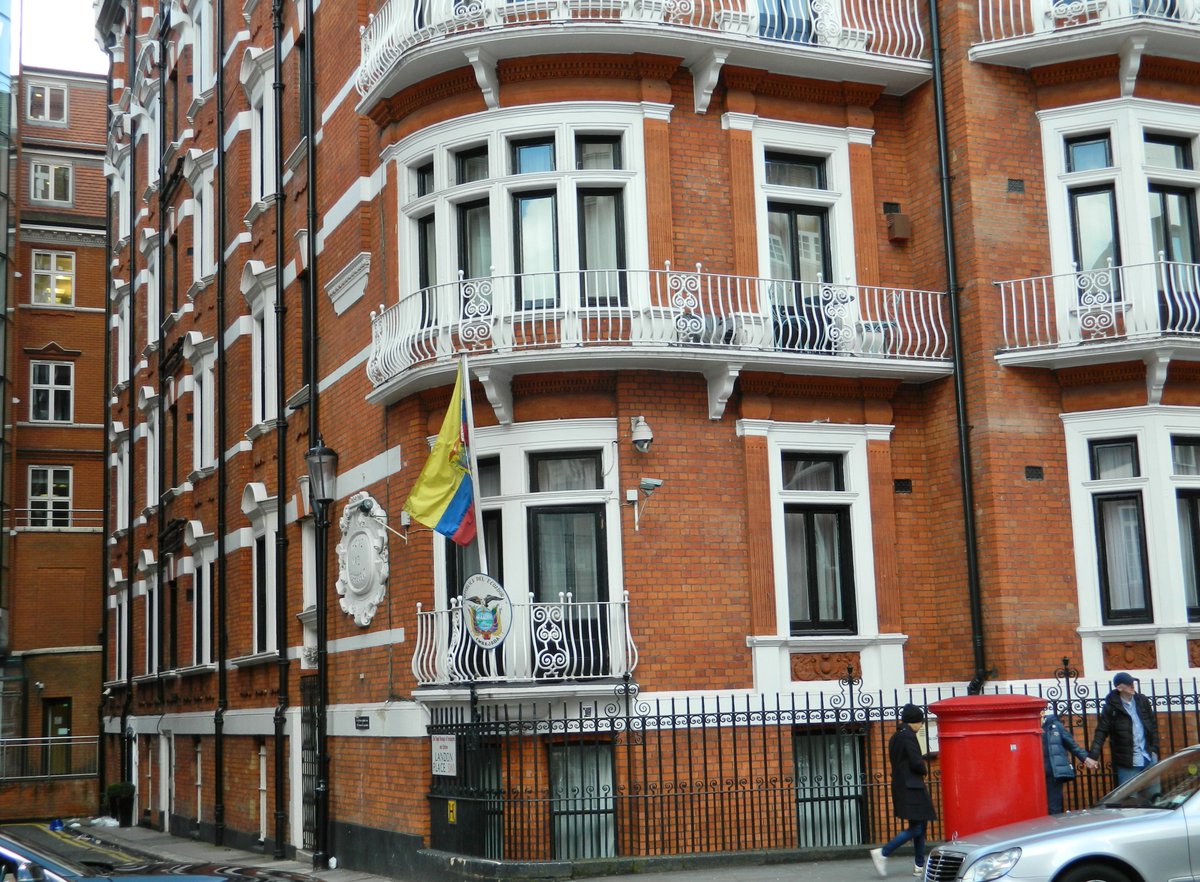Defence needs to point it out to Prosecution, who laughs incredulously.
Defence gives several examples from Manning trial, colleagues asking her for computer help
"Is the indictment a fair & accurate description of the facts? If you feed the facts you establish into the dual criminality analysis & determine the acts alleged do not amount to a crime, then the extradition request must fail"






